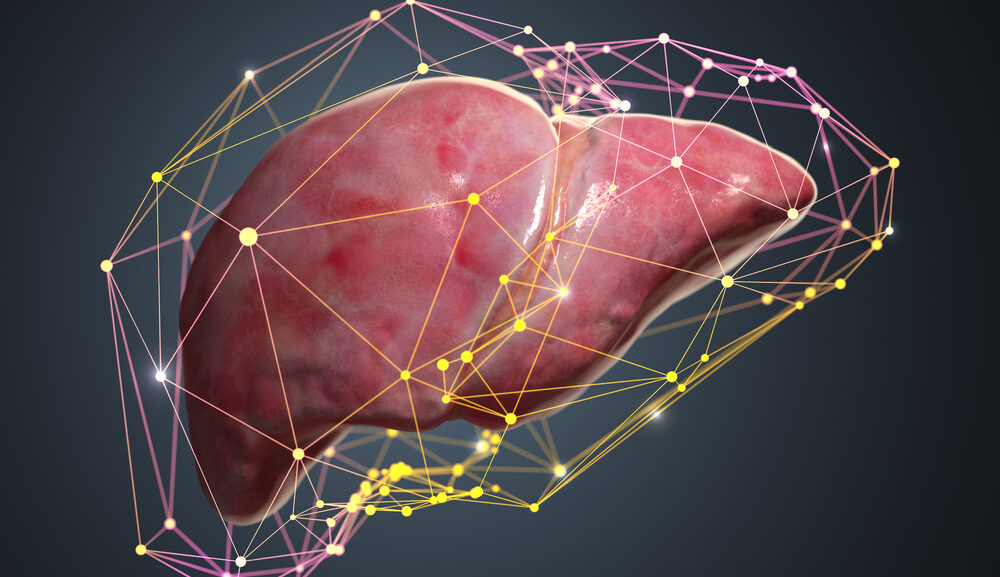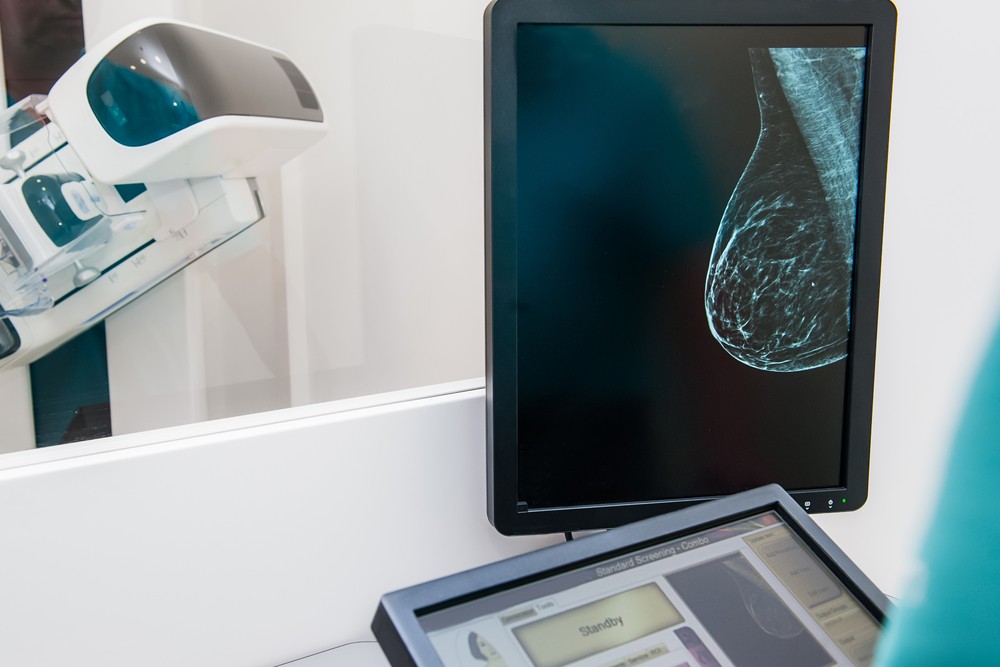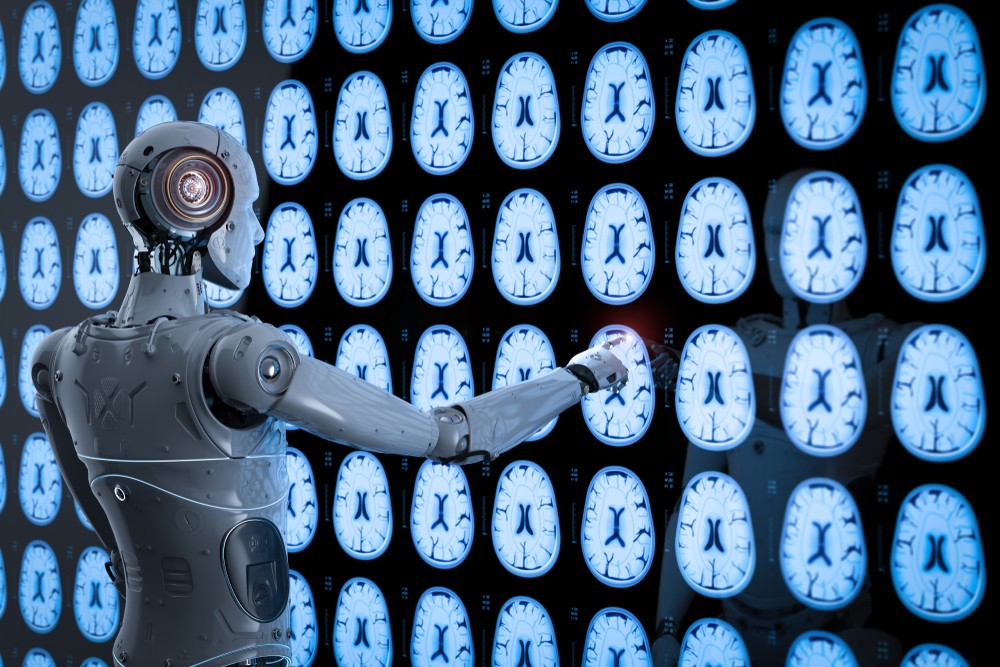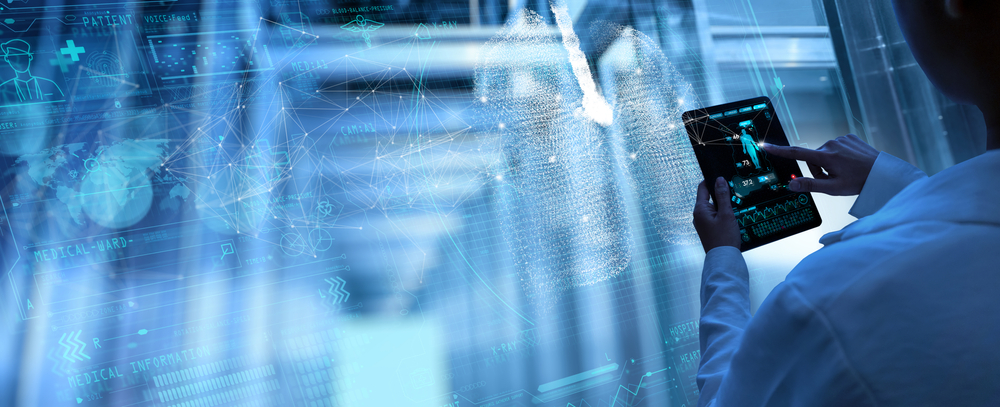Search results for: ARTIFICIAL
Artificial Intelligence Can Aid Early Detection of Malignant Liver Tumors
Early detection of malignant liver tumors is crucial for improving a patient’s prognosis. The most common malignant liver tumor is hepatocellular carcinoma, which is often diagnosed too late because of the difficulty in distinguishing between it and other liver conditions. It’s often said that “time is liver” – delay in identifying and treating hepatocellular carcinoma…
Read MoreHow Artificial Intelligence Can Help the Global Pandemic
New Study shows how Artificial Intelligence (AI) can help with the global pandemic. Recently, an (AI) algorithm was able to distinguish between cases of COVID-19, influence, pneumonia, and healthy subjects on CT exams. Chinese researchers published an article online on October 9th yielding a very high accuracy rate. Not only did it have a very…
Read MoreArtificial Intelligence for Breast Cancer Diagnosis: Sensitive But Not Specific
Researchers at the University of Washington and the University of California at Los Angeles (UCLA) have developed a machine-learning system that confirms breast cancer diagnoses made by radiologists, a recent paper in JAMA Network Open reports. Skilled diagnosticians differ in their interpretation of radiographic images of different forms of cancer. Concordance among physicians, in recent research…
Read MoreHow Artificial Intelligence is Improving Radiology Workflows
Modern computing technology has improved efficiency in radiology in the same ways that it has in many fields. But many experts expected the benefits of IT on radiology to plateau. But now, the advent of real Artificial Intelligence is breaking down anticipated roadblocks, offering major improvements in the efficiency, quantity, and quality of the work…
Read MoreAI Matches Radiologist Performance on Mammograms and DBT Exams: A Meta-Analysis
The ever-increasing rate of breast cancer cases around the world has made mammography an essential screening tool for identifying the early stages of the disease. However, the accuracy of mammograms can vary from one radiologist to another, and the interpretation of images can be tedious and subjective. This has led to the development of artificial…
Read More



